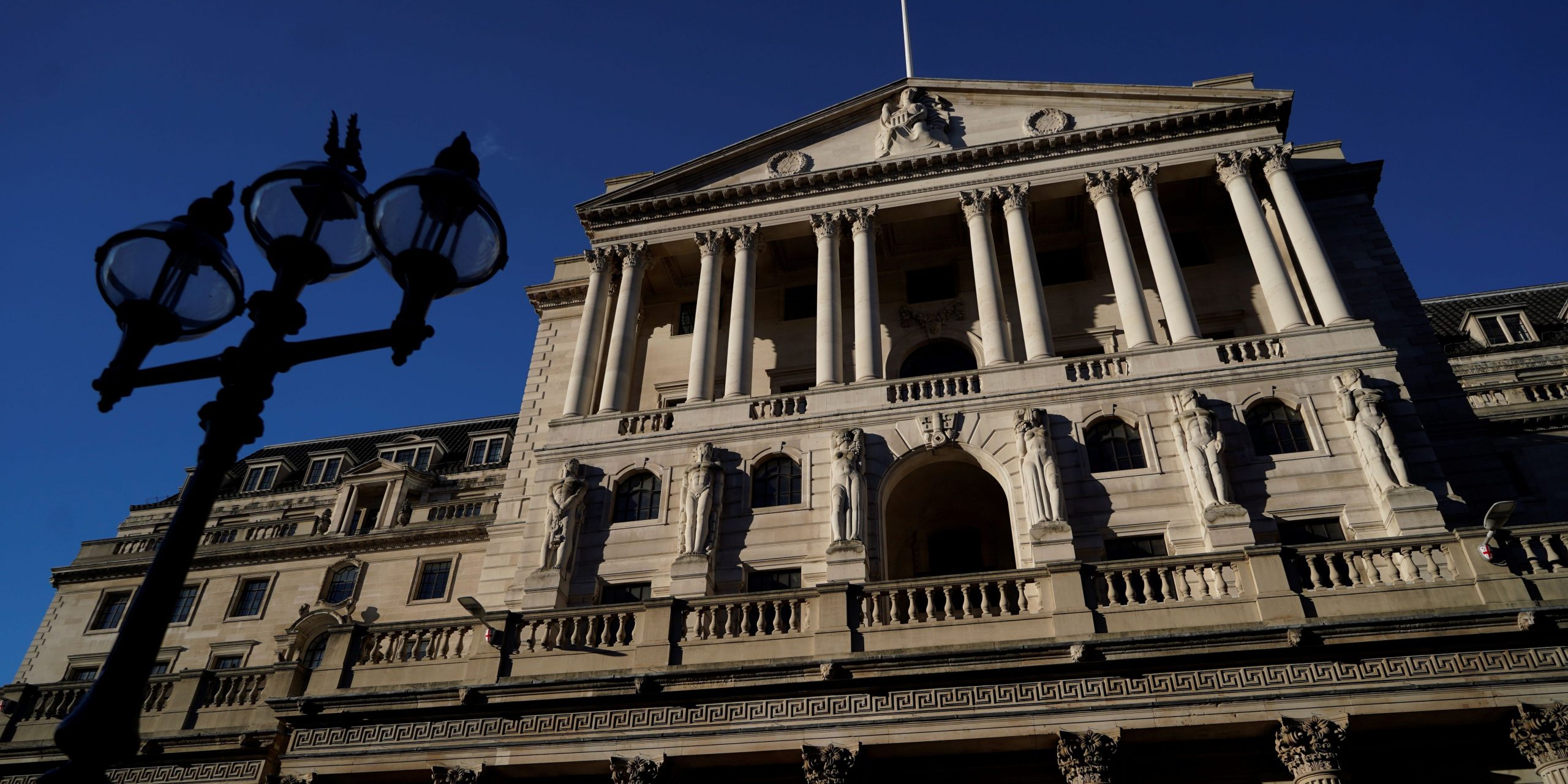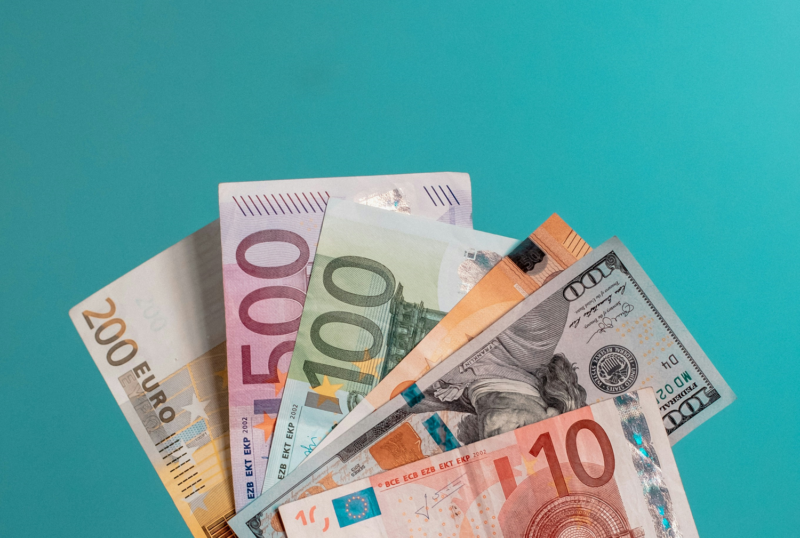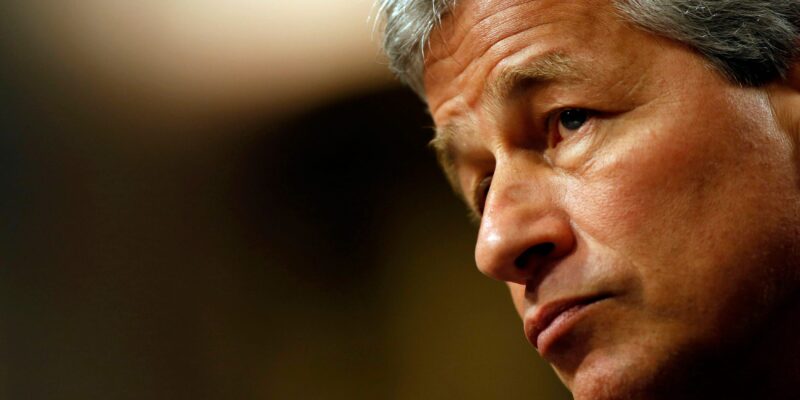
Niklas Halle'n/Getty Images
- The Bank of England left interest rates at record lows and its $1.2 trillion bond-buying package unchanged.
- The BoE signaled that it is not concerned with rising bond yields, which have worried some investors.
- It noted that the US's $1.9 trillion fiscal stimulus had brightened the economic outlook.
- Sign up here for our daily newsletter, 10 Things Before the Opening Bell.
The Bank of England kept interest rates at a record-low level of 0.1% and its bond-buying package at 895 billion pounds ($1.2 trillion), while saying little about the recent rise in bond yields that has worried some investors.
The UK's central bank reiterated that it doesn't intend to reduce its support until there is clear evidence of "significant progress" in achieving its 2% inflation target and in the economy's recovery from COVID-19.
In a statement, the Bank's policymakers addressed the recent rise in bond yields around the world, saying it had been driven by stronger growth expectations.
The Bank did not push back on rising yields, saying UK financing conditions have been "broadly unchanged" since February. It said it would keep buying bonds at the same pace.
UK government bond yields were little changed after the decision, with the 10-year Gilt yield at 0.902%. Yields move inversely to prices. The pound slipped against the dollar to trade 0.1% lower at $1.394.
It was a different approach from the European Central Bank, which earlier in March called rising bond yields "undesirable" and pledged to step up the speed of its bond purchases to try to soothe the market.
The ECB argued that higher market interest rates could weigh on the economy by leading to less borrowing.
The Bank of England's approach was closer to that of the Federal Reserve, which on Wednesday stressed it was not planning to alter its policies despite sharply upgrading its growth forecasts.
The BoE said that President Joe Biden's $1.9 trillion stimulus bill "should provide significant additional support to the outlook." But it broadly stuck to its forecast that inflation should rise sharply to around 2% in the spring before moderating.
Ruth Gregory, senior UK economist at Capital Economics, said the Bank's statement "suggests that rates won't rise next year as the markets expect."
She added: "Overall, we think the markets have gone too far in expecting rate hikes from mid-2022. We think that rates won't rise above their current rate of 0.1% until 2026."









